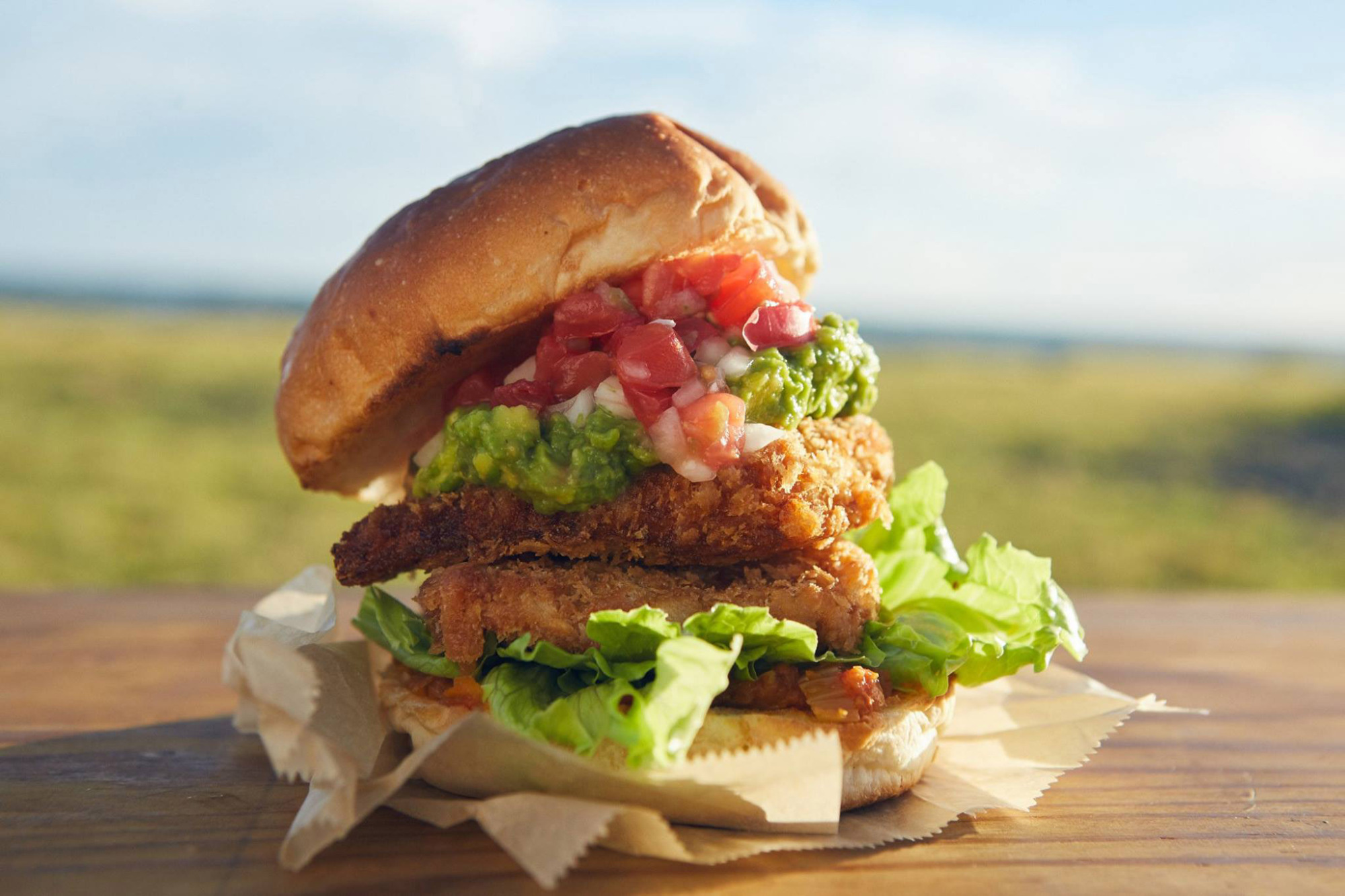Sameya's bright red truck is easy to spot, not least for its long line of customers at Keio University's Hiyoshi Campus. Inside, owner-chef Takumi Takase makes jokes and conversation as he prepares orders of dry seafood curry, spicy gapao rice (a Thai stir-fry dish), taco rice or shark burgers. Each dish uses shark meat from Kesennuma, Miyagi Prefecture, a city in Tohoku devastated by the 2011 tsunami.
"If I can make shark meat popular, then it will help the fishermen in Kesennuma," says Takase, as he tidies his food truck after a busy day, the sleeves of his gray Sameya sweatshirt rolled up to his elbows. "The fishermen risk their lives so people can eat this delicious food, but they get such a low salary. I want to make it rewarding for them."
Located 470 kilometers north of Tokyo, Kesennuma is a major fishing port famous for its catches of shark, swordfish and bonito. However, the industry struggles with the triple conundrum of an aging workforce, low salaries and falling fish stocks. On March 11, 2011, a 10-meter-tall tsunami, triggered by Japan's strongest earthquake on record, destroyed the port and much of the city, and killed nearly 1,500 people. It was a staggering blow to to the community and the local economy.



















With your current subscription plan you can comment on stories. However, before writing your first comment, please create a display name in the Profile section of your subscriber account page.